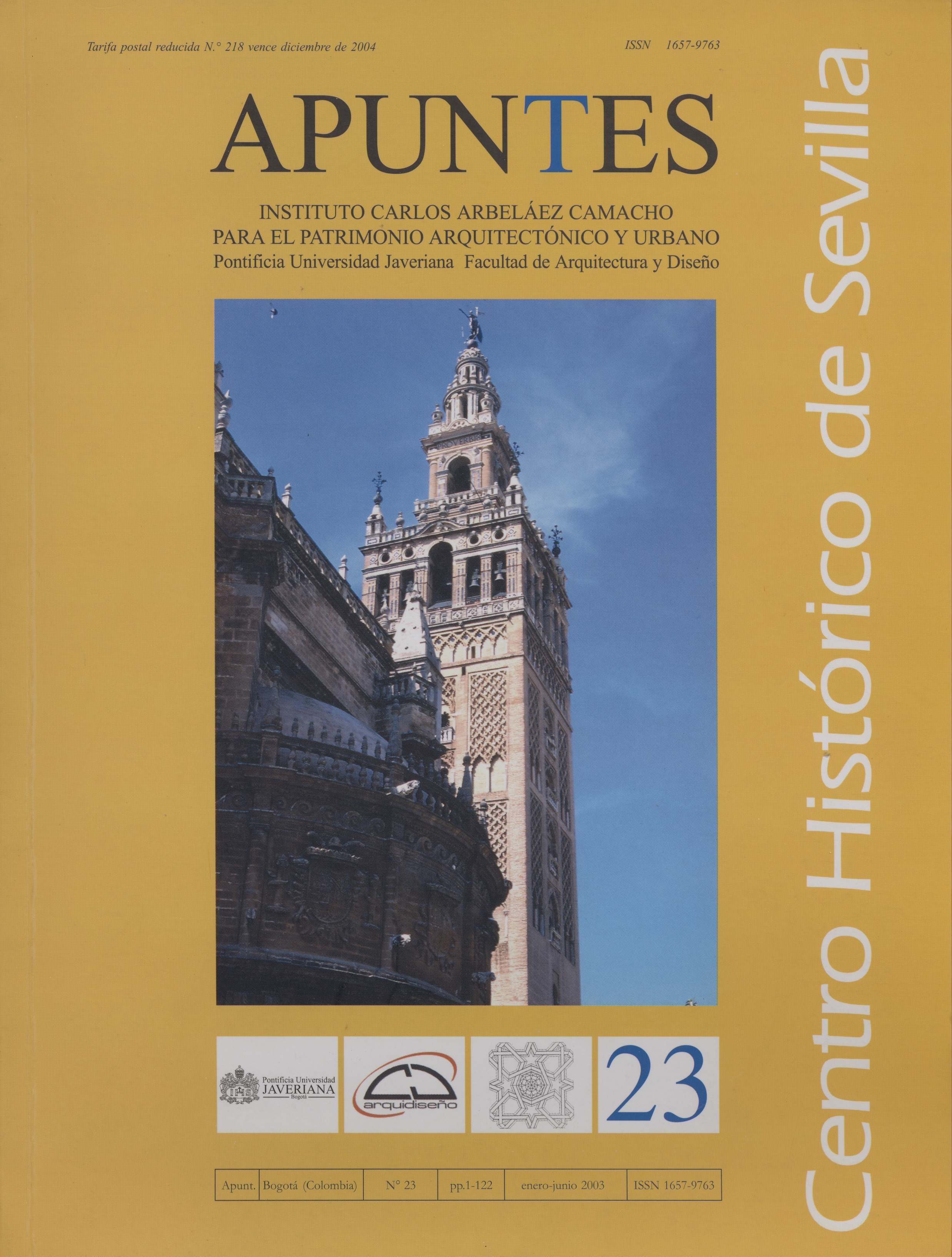Resumen
La necesidad de ocuparse con seriedad de los problemas de la ciudad construida hagenerado otra no menos urgente de dar un sentido a las tareas que corresponden alarquitecto restaurador como protagonista imprescindible dentro de este proceso. Eloficio del arquitecto restaurador como técnico en reconstrucción histórica de edificioso experto en el mantenimiento físico de obras de valor arquitectónico resultaahora insuficiente a la luz del progreso del conocimiento sobre el patrimonio construidoy su papel como factor de desarrollo del individuo y de la sociedad.Es urgente la discusión sobre el papel de la restauración en el presente y futuro dela ciudad. Este texto contiene algunas reflexiones acerca de la utilidad de esta tarea; decómo enfocada; de la sobrada desconfianza que despierta el hecho de su origen ajeno,no obstante la esencial preocupación de no perder lo que ya se tiene. Con muy pocasexcepciones los proyectos arquitectónicos o urbanisticos de mediano o gran tamaño,han ignorado las consideraciones acerca del patrimonio construido en toda su dimensión.Cuando no es así su conservación depende del grado de aislamiento de la vidade la comunidad, predeterminado en las teorías vigentes sobre el tema.La revista Apuntes se encuentra registrada bajo la licencia Creative Commons Reconocimiento 4.0 Internacional. Por lo tanto, esta obra se puede reproducir, distribuir y comunicar públicamente en formato digital, siempre que se reconozca el nombre de los autores y a la Pontificia Universidad Javeriana. Se permite citar, adaptar, transformar, autoarchivar, republicar y crear a partir del material, para cualquier finalidad (incluso comercial), siempre que se reconozca adecuadamente la autoría, se proporcione un enlace a la obra original y se indique si se han realizado cambios. La Pontificia Universidad Javeriana no retiene los derechos sobre las obras publicadas y los contenidos son responsabilidad exclusiva de los autores, quienes conservan sus derechos morales, intelectuales, de privacidad y publicidad.
El aval sobre la intervención de la obra (revisión, corrección de estilo, traducción, diagramación) y su posterior divulgación se otorga mediante una licencia de uso y no a través de una cesión de derechos, lo que representa que la revista y la Pontificia Universidad Javeriana se eximen de cualquier responsabilidad que se pueda derivar de una mala práctica ética por parte de los autores. En consecuencia de la protección brindada por la licencia de uso, la revista no se encuentra en la obligación de publicar retractaciones o modificar la información ya publicada, a no ser que la errata surja del proceso de gestión editorial. La publicación de contenidos en esta revista no representa regalías para los contribuyentes.


